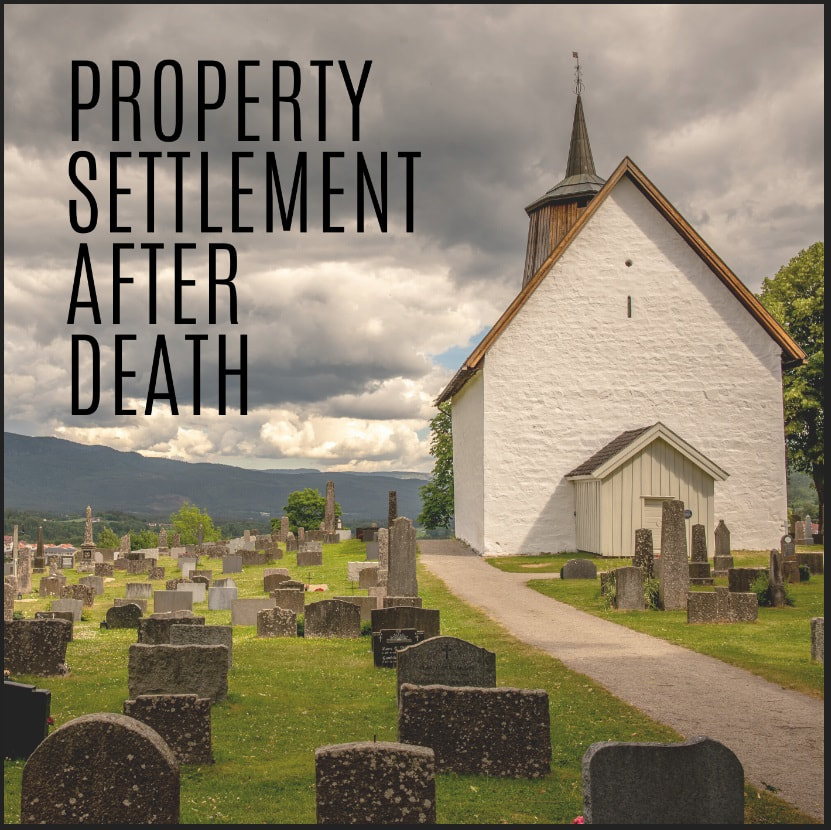How Property Passes at DeathDeath, Taxes, and teenage texting - these are the certainties of life. The tax code is far too complicated for anyone to understand, and why teenagers can text all day but never write a thank you note is an unsolved mystery. Slot Game Online.
Death on the other hand is somewhat more straightforward. One day you're reading the newspaper and the next day you're in it. Let's take a look at what happens to your property once everyone knows where to send the flowers. First, and surprising to a number of people, most of your property will probably not end up in probate court. Only what passes by will goes through the process. Of course the state has never met you and doesn't know how you'd want things distributed, but whose fault is that? Dying without a will is called intestacy. You don't want to die intestate. Go see an estate planning attorney and get cured. Now that we've solved that, here's how property passes. Life Insurance and Annuities The death benefits are paid to named beneficiaries. Unless you name your estate as beneficiary, the death benefits will escape probate. Generally, it's not a good idea to name your estate as beneficiary. One reason is that assets in your estate are available to creditors. The benefits also are slower to reach the hands of your heirs. An heir has not yet been born that wants your money later than sooner. Slot Game Online. If you have exposure to estate taxes, you may want to consider an irrevocable life insurance trust (ILIT). An ILIT keeps the death proceeds out of your taxable estate. Life insurance companies used to send a check directly to the beneficiary. Today they are more likely to send a checkbook that the beneficiary can access. Life insurance companies claim this is more convenient for the beneficiary. Call me crazy, but I think they do it to hold on to the money a little bit longer. Most beneficiaries already have a checking account. Why would they want another? Retirement Plans Deferred Retirement Plans, including Individual Retirement Accounts, pass by beneficiary. Same rules apply to surviving spouse that exist for annuities. It obviously helps to have a surviving spouse. The people who wrote this tax code were probably married. Slot Game Online. A Roth IRA also passes by beneficiary, but has no income tax ramifications to the beneficiary, even if the beneficiary is not the surviving spouse. The people who wrote this portion of the tax code were probably divorced, but had a slew of children. Slot Game Online. If taxes are due when received by a beneficiary, the taxes may be strung out over a number of years by different techniques including a "rollover beneficiary IRA." Go see a financial planner to see what works for you. Jointly Owned Property A lot of property like real estate, bank accounts, and brokerage accounts are owned jointly. The most common form of joint ownership is "joint tenants with right of survivorship (JTWROS)." The surviving owner automatically gets the asset upon the death of another owner. JTWROS should not be confused by another type of joint ownership called "tenancy in common." Tenancy in common divides the property in actual shares and when an owner dies, they can leave the property by will to whomever they want. Take a shoreline cottage jointly owned tenancy in common by two married brothers. If one dies, he can leave his portion to his wife and children. Slot Game Online. They can then continue to enjoy their seaside vacations. Naturally, as this passes through the generations, a real family rats nest is created, but if you can't fight with family over who gets the prime summer weeks, who can you fight with? Property In Your Own Name Now we come to the property that passes by will. If you solely own something that doesn't pass in the manners described above, it becomes part of your probate estate. For example, if you own a savings account in your name alone, it passes by your will. Your will names an executor, a thankless but necessary job. It is up to the executor to inventory your probate estate and eventually distribute it to your heirs. Slot Game Online. Many people are establishing and funding "living trusts." These trusts are established during your lifetime and funded with assets that would otherwise pass by will. Since most people are their own trustees, control of the assets isn't an issue. At the death of the individual, the assets fall under the control of a new trustee. Since the assets are already in trust, they escape the probate process. Read More About Property.
0 Comments
Leave a Reply. |
